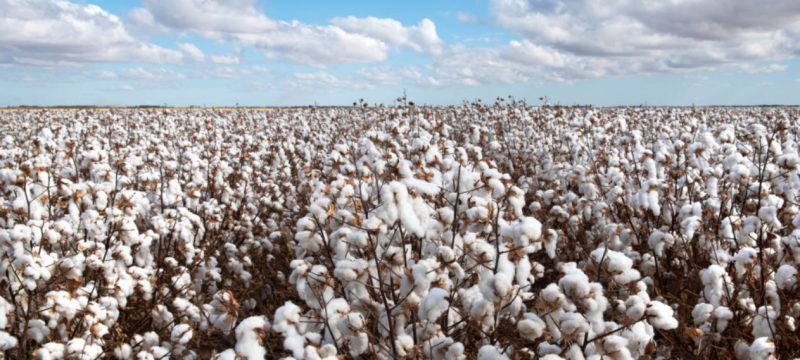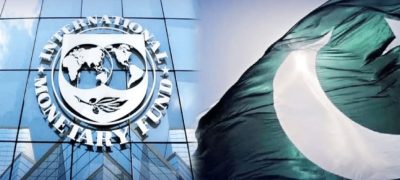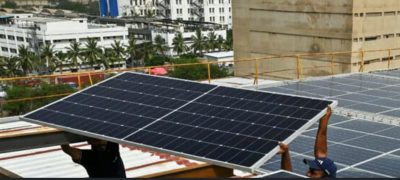Pakistan has emerged as the largest global buyer of American cotton, with imports from the US reaching record levels. This surge in imports is largely due to lower domestic cotton production and the limited availability of high-quality cotton within the country. In the past week alone, Pakistan signed contracts for 72,000 bales of cotton, contributing to a total of over 3 million bales contracted this year. The price of cotton has also risen, reaching Rs18,200 per 40kg, reflecting the growing demand.
The rising import of cotton is part of broader challenges faced by Pakistan’s textile sector, which remains a cornerstone of its economy, accounting for 60% of exports. Last week, Kamran Arshad, Chairman of the All Pakistan Textile Mills Association (Aptma), highlighted the need for greater collaboration in fibre recycling and renewable energy initiatives to boost textile exports, create jobs, and support economic growth. Pakistan plans to invest $7 billion in establishing 1,000 garment plants, aiming to ramp up textile exports to $50 billion by 2030.
Also Read: Khilafat Cola: A New Beverage with an Islamic Twist Launches in Pakistan
Despite the potential for growth, the textile sector faces multiple obstacles, including stagnating cotton yields. Pakistan’s cotton output has remained stagnant at around 617 kg per hectare since 1990, while China’s yields have surged over 150%, reaching over 2,000 kg per hectare. Additionally, the sector is grappling with escalating energy costs, particularly in natural gas and electricity, which have placed severe strain on manufacturers.
Experts suggest that these issues are exacerbated by bureaucratic inefficiency and a lack of effective leadership in key public enterprises, hindering the sector’s ability to innovate and grow sustainably. Moreover, while the textile sector holds significant potential for economic growth, there are concerns that Pakistan’s reliance on cotton and challenges in energy costs may undermine its future prospects unless structural reforms are implemented.









